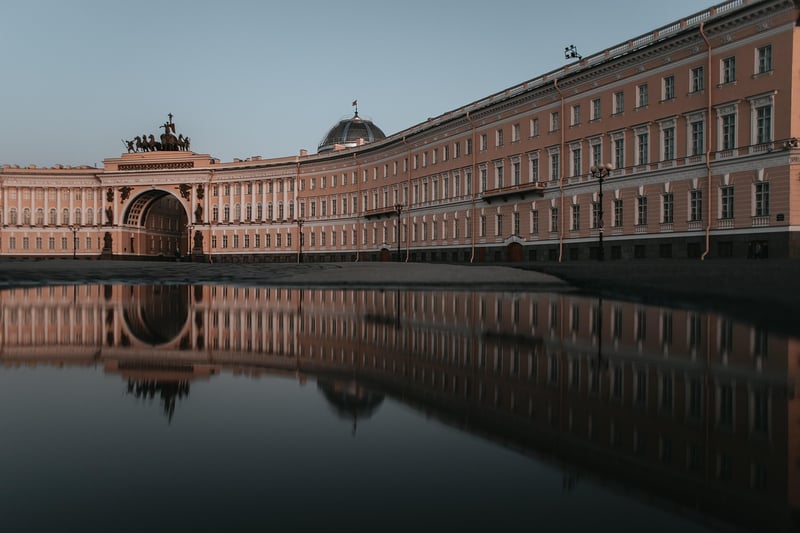Altering History
Avoiding Timeline Issues and Altering History
Time travel has long been a captivating concept in science fiction, with stories ranging from altering historical events to preventing disastrous outcomes. While the idea of changing the course of history can be intriguing, it also raises significant ethical and philosophical questions. Let's explore the implications of avoiding timeline issues and altering history.
The Grandfather Paradox
One of the most famous paradoxes associated with time travel is the Grandfather Paradox. It posits a scenario where a time traveler goes back in time and prevents their grandfather from meeting their grandmother, thus preventing their own birth. This paradox highlights the inherent contradictions that arise when attempting to alter past events.
Ethical Considerations
When contemplating altering history, ethical considerations come into play. Is it morally justifiable to manipulate the past to achieve certain outcomes? Would changing historical events have unintended consequences that could potentially be more harmful than beneficial?
Butterfly Effect
The Butterfly Effect is another concept often referenced in time travel discussions. It suggests that even small alterations in the past can lead to significant changes in the future. This idea underscores the complexity of tampering with historical events and the unpredictable nature of such actions.
Temporal Prime Directive
In some fictional works, a Temporal Prime Directive is established to prevent interference with the natural flow of time. This directive aims to maintain the integrity of historical events and avoid creating alternate timelines or paradoxes.
Conclusion
While the idea of altering history through time travel is enticing, it comes with a host of challenges and ethical dilemmas. As we continue to explore the concept of time travel in fiction and philosophy, it is essential to consider the implications of changing the past and the potential consequences it may have on the present and future.

Image Source: Pixabay
